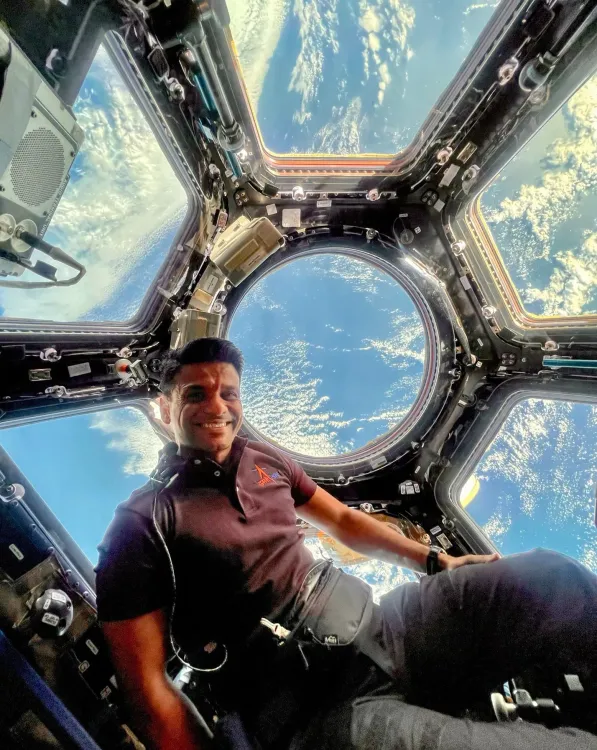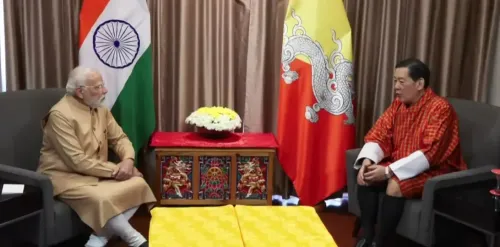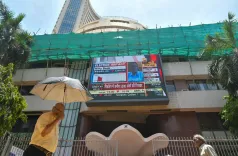How is Captain Shubhanshu Shukla and Op-Sindoor Shaping NCERT's New Curriculum?

Synopsis
Key Takeaways
- Curriculum modules will highlight India’s defense and space achievements.
- Group Captain Shubhanshu Shukla is a key figure in the new curriculum.
- Students will learn about Operation Sindoor and its significance.
- The modules aim to foster a sense of national pride.
- Focus on sustainable practices through Mission LiFE.
New Delhi, July 26 (NationPress) In a significant move to reshape how the youth perceive national strength, the National Council of Educational Research and Training (NCERT) is preparing to roll out two innovative curriculum modules. These will spotlight India’s emerging figure in space, Group Captain Shubhanshu Shukla, alongside the nation’s rapid military response, Operation Sindoor.
These two pivotal events, one taking place in orbit and the other on Earth, will serve as foundational elements in the educational modules aimed at enlightening schoolchildren about India’s growing capabilities in defense, diplomacy, space exploration, and sustainability.
As per senior officials from the Ministry of Education, these modules are currently being crafted and will be integrated into the curriculum for students in Classes 3 to 12.
The initial module, designed for Classes 3 to 8, and the subsequent one for Classes 9 to 12, will each comprise eight to ten pages. Although specific operational details remain classified, the modules will utilize the mission as a case study to demonstrate the interplay of defense, diplomacy, and inter-ministerial coordination essential for national security.
“We aim to enlighten young minds about India’s military prowess and the crucial measures taken to uphold sovereignty,” stated a senior official from the ministry.
“Our goal is for students to grasp how strategic decisions are formulated and how various governmental branches collaborate during crises.”
Beyond defense, the modules will emphasize India’s rise as a global space power. Students will discover key missions such as Chandrayaan, Aditya L1, and the remarkable achievement of Group Captain Shubhanshu Shukla, who became the first Indian to visit the International Space Station as part of Axiom Mission 4.
These educational elements are intended to ignite scientific curiosity and motivate future pursuits in aerospace and research.
The curriculum will also include Mission LiFE (Lifestyle for Environment), the flagship project of the Ministry of Environment, Forest and Climate Change. This section will introduce students to sustainable living practices and the significance of ecological balance in addressing climate change. Another module will delve into the traumas of the Partition, providing historical context and nurturing empathy for the resilience exhibited during India’s formative years.
While an official launch date has yet to be disclosed, these modules are anticipated to roll out in schools soon after their finalization. This initiative reflects a broader commitment to making education more relevant, modern, and intertwined with national identity.









